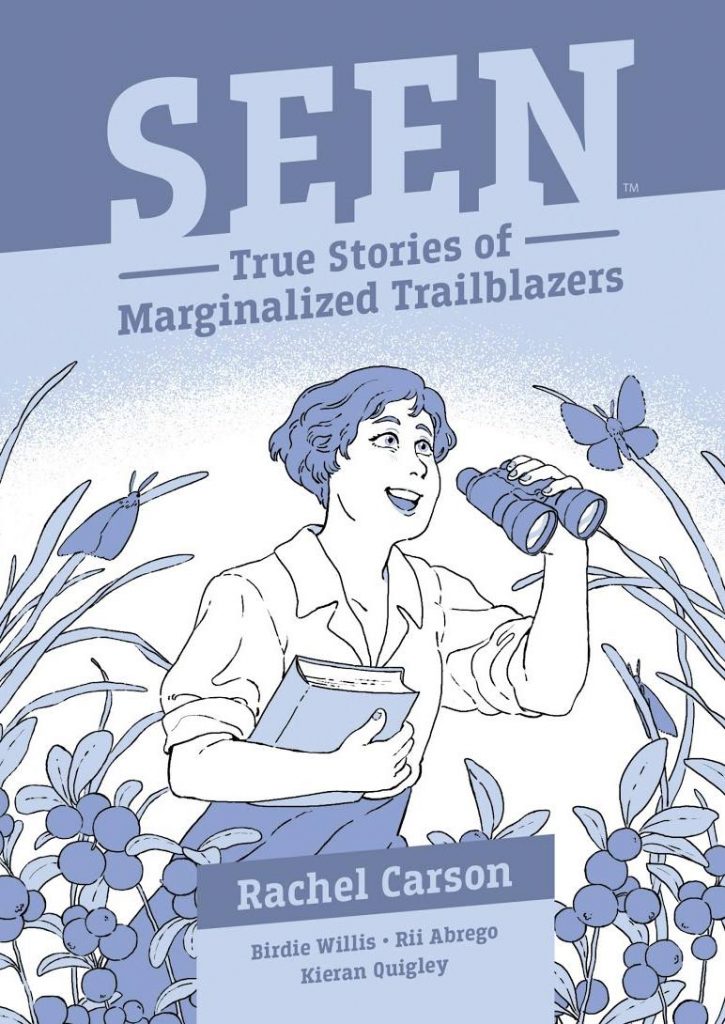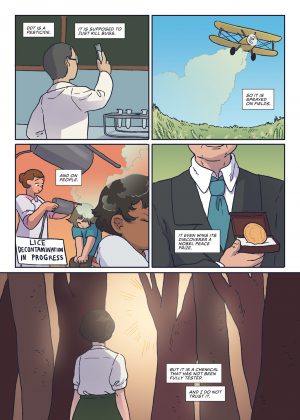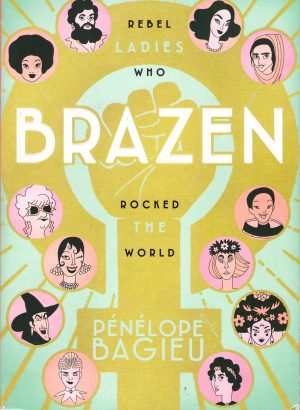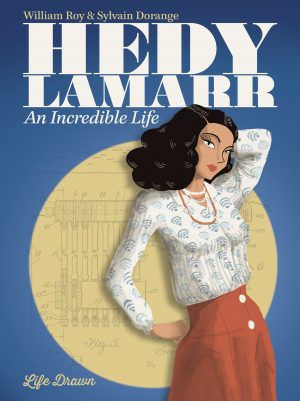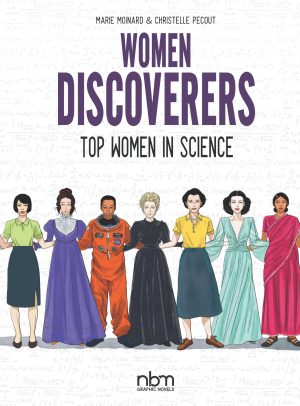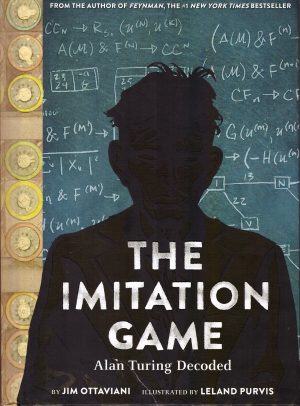Review by Ian Keogh
It’s taken until the 21st century for many, many people to be given the respect and honour that they’re due. The research carried out by Hedy Lamarr and Alan Turing (see recommendations) have an immense effect on our daily lives, yet one died disgraced and emasculated, while the other was a very successful actress, but her discoveries were not taken seriously, and her being a woman was a factor. A new series from Boom! Box spotlighting people deserving wider recognition is very welcome, and opens with a biography of conservationist and marine biologist Rachel Carson.
Writer Birdie Willis takes the unusual choice of a first person narrative, as if Rachel Carson is telling her story from beyond the grave, but that choice eventually provides a greater power than a more traditional third person narration would. Seen is an all-ages series, so Willis keeps the language and context simple, although there are places where greater detail would be desirable. While Rii Abergo’s art shows the old fashioned clothing worn around the infant Carson, no birth date is given, and even the marker of World War II is obscure. We’re shown Carson old enough to be employed and unsatisfied when war breaks out, but she could be any age over eighteen. She was actually 34 in 1941, but we’re not told that, and neither is there any indication that ten years elapse before the publication of her second book, which is noted four pages later.
Abergo’s artistic simplicity has a greater clarity, showing what’s necessary to explain about Carson and her work, and hinting at speculation that’s never been fully confirmed about the never married Carson. While her personal life should be private, her great friend Dorothy Freeman, who was married, was a source of solace and inspiration, and their correspondence was vast for twelve years.
This biography is at its strongest when detailing Carson’s crusades and her legacy. She perhaps doesn’t quite meet the criteria of someone who never received her due, as her books sold well during the 1950s and early 1960s, when she was widely known and well respected, but she has faded from public consciousness. We’re shown a woman not afraid to speak out at a time when businesses were largely trusted and presumed to be considering public interest, whereas now that trust has evaporated.
It’s a shame that a little more care wasn’t taken with the context, but Seen: Rachel Carson is good enough to inspire the younger audience who read it to investigate further.
